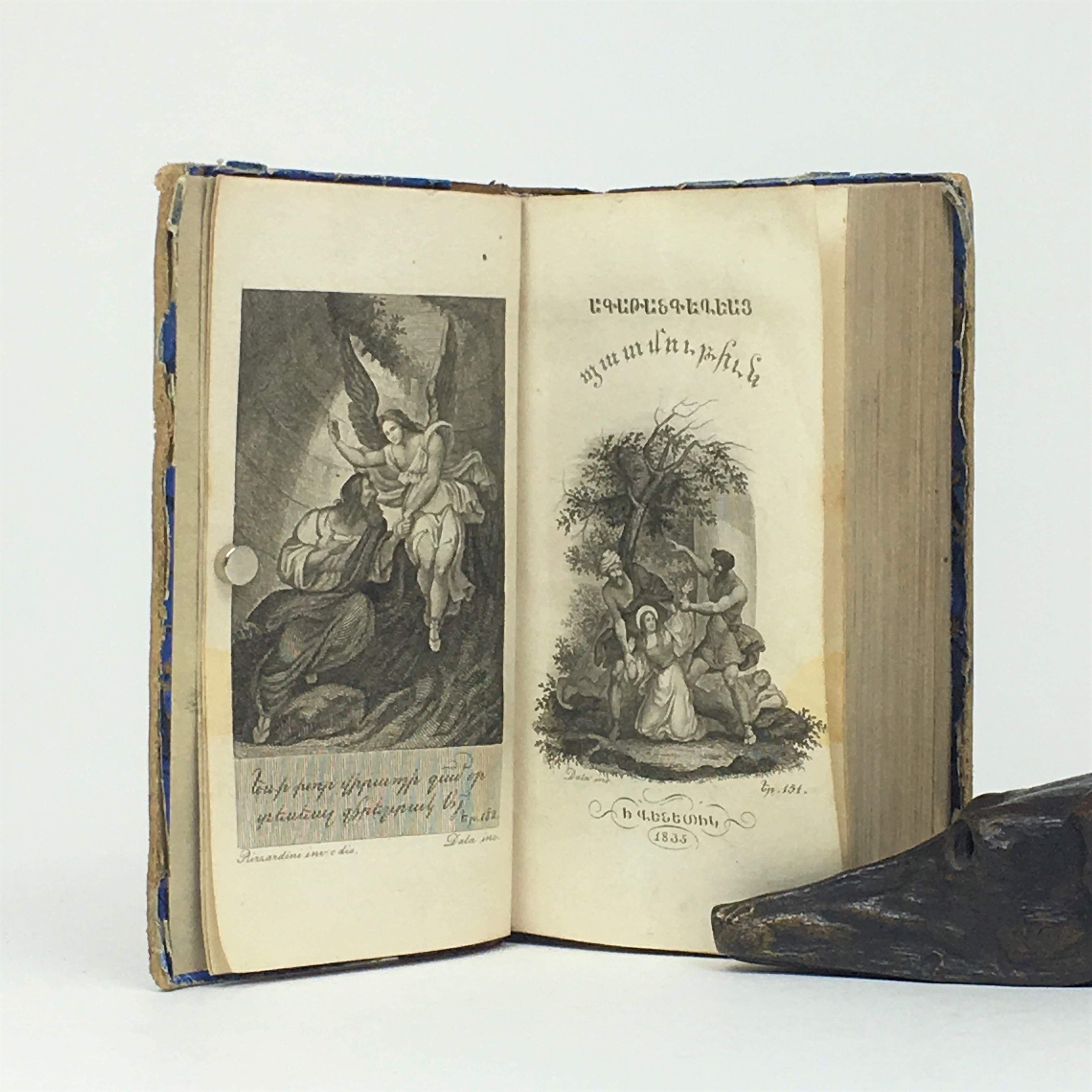The Hasratyan-Minasyan Foundation welcomes research proposals on Armenian history.
Research applications are due on February 15, 2020
Selection will be made by March 2, 2020
Grant rewards range from $5,000 to $10,000
ABOUT THE FOUNDATION:
The Hasratyan-Minasyan Foundation was established in February 2019 in memory of the prominent academic and politician, Mikayel Minasyan, and the architect and politician, Grigor Hasratyan. The goal of the Foundation is the preservation, dissemination, and further development of the cultural heritage and art in Armenia, Artsakh, and the Armenian Diaspora, as well as the development of international collaboration in the cultural domain.
The Minasyan Center of the Foundation is interested in applying modern approaches to the study of history and political thought. Among the goals of the Center is to reinvigorate the general intellectual climate in the Armenian world by encouraging new standards of professionalism in historiography; reviving the functional, yet partly neglected, importance of the historical profession; and critically re-evaluating teaching and research methods in the discipline of Armenian history. The Center aims to bolster an environment for debate on the modern and contemporary history of Armenia, which will lead to reformulations of purpose and principle, as well as throw new light on and accumulate new insights regarding the Armenian past.
In pursuit of these goals, the Minasyan Center plans to implement the following projects:
- Convene conferences with the involvement of internationally renowned historians and political scientists;
- Offer research grants for individual and group projects by historians;
- Publish research on specific topics of history, as well as literature, media content analysis, art (paintings, film, etc.), and affiliated disciplines, with an aim to advance historiography and political thought;
- Hold lecture series for students, teachers, researchers, and the general public;
- Set up a platform to discuss topics related to the practice and profession of history.
THE GENERAL OBJECTIVES OF THIS CALL:
The Centre focuses primarily on Armenian-specific issues of the 20th and 21st centuries. For some topics, however, especially pertinent to our modern age and current concerns, the Centre supports research analyzing the roots and development of these challenges going back to the 19th century and at times even the early modern period (1500-1800). Much attention is directed in the Centre’s programs to the compliance of the sponsored projects to international standards in research and publishing. The Centre is open to collaboration with both established scholars and young professionals from Armenia and abroad.
THE MINASYAN CENTER WELCOMES RESEARCH PROPOSALS AIMED AT EXAMINING THE FOLLOWING TOPICS:
- The 20th century Revolutions and Armenia(ns)
- Facing the Stereotypes in Armenian History (the late 19th and 20th centuries)
- Armenian Nationalism in the 20th century
- The Role of Elites and elite transformations in Armenian History (the late 19th and 20th centuries)
- The Issues of Repatriation, population exchanges, and demographics in Armenia (20th and 21st centuries)
- Armenian-Russian relations in the 20th Problems of reassessment
- The Armenian Apostolic Church: problems of religion and secularism in the 20th Century
- Problems of National Interest and National Priorities
- At the crossroads of reassessing the history of Soviet Armenia
- Armenian Identity at the crossroads
- Armenians and Empires: Ottoman, Safavid, and Romanov
- Modern Armenian Diaspora
- Armenians in the Middle East
HOW TO APPLY
- Curriculum Vitae of no more than 5 pages.
- List of scholarly publications.
- Timeline for completion of the project
- Proposed budget
The Centre welcomes proposals for research that will address any aspect of the listed topics. Proposals which are within the wider research scope of the Minasyan Centre listed above will also be considered. Grants will cover new and ongoing research. Applications, in English, should be submitted as a single document (Word or PDF) that includes:
SEND THE APPLICATION TO [email protected] BY FEBRUARY 15, 2020.
Grant recipients are expected to submit two 2,000-word progress reports by JUNE 30 and NOVEMBER 30, 2020.
Grant recipients are expected to complete and submit a 50,000-word FINAL manuscript by
MARCH 1, 2021.


